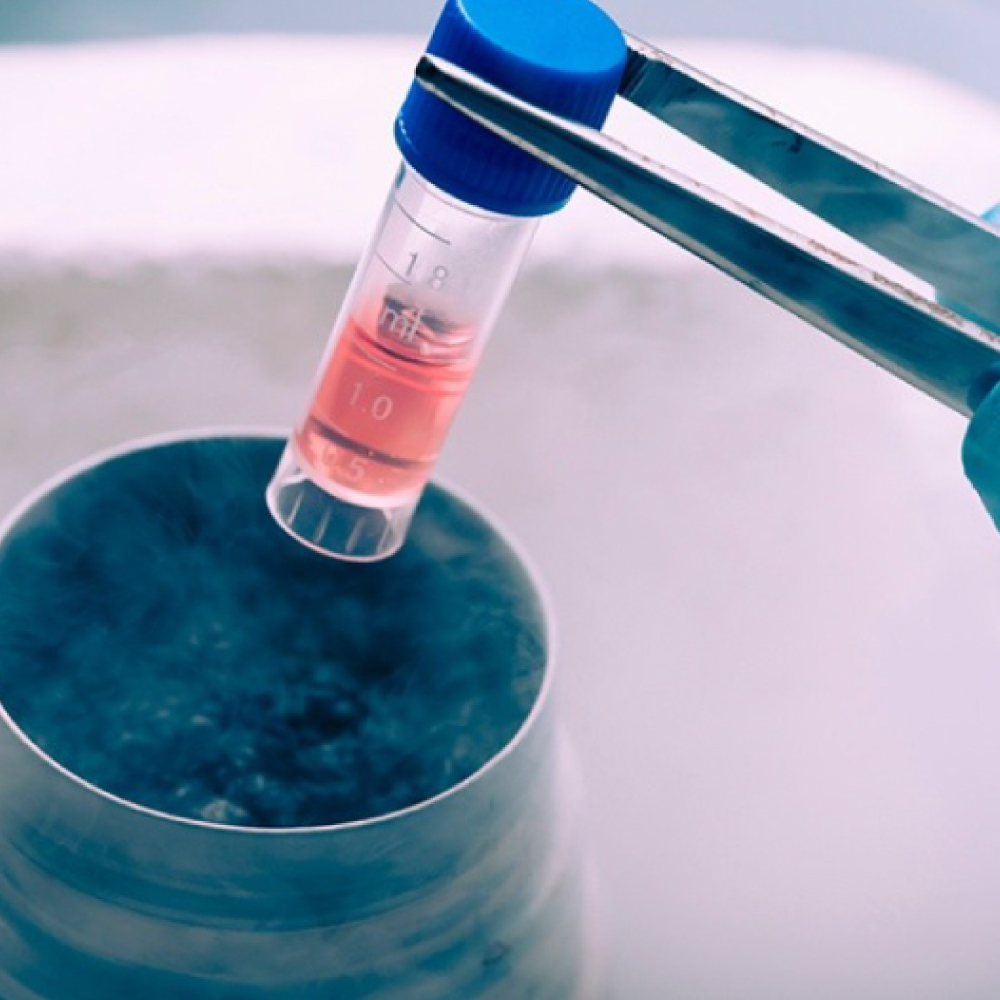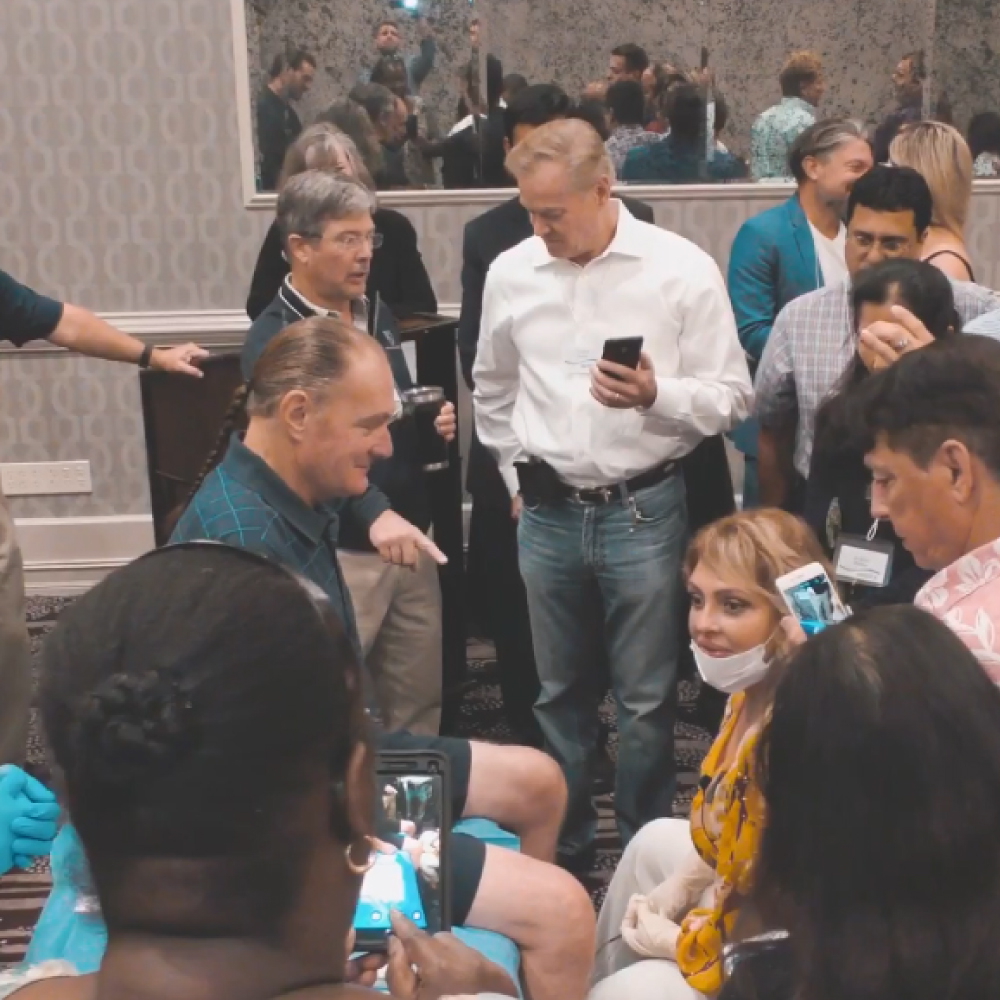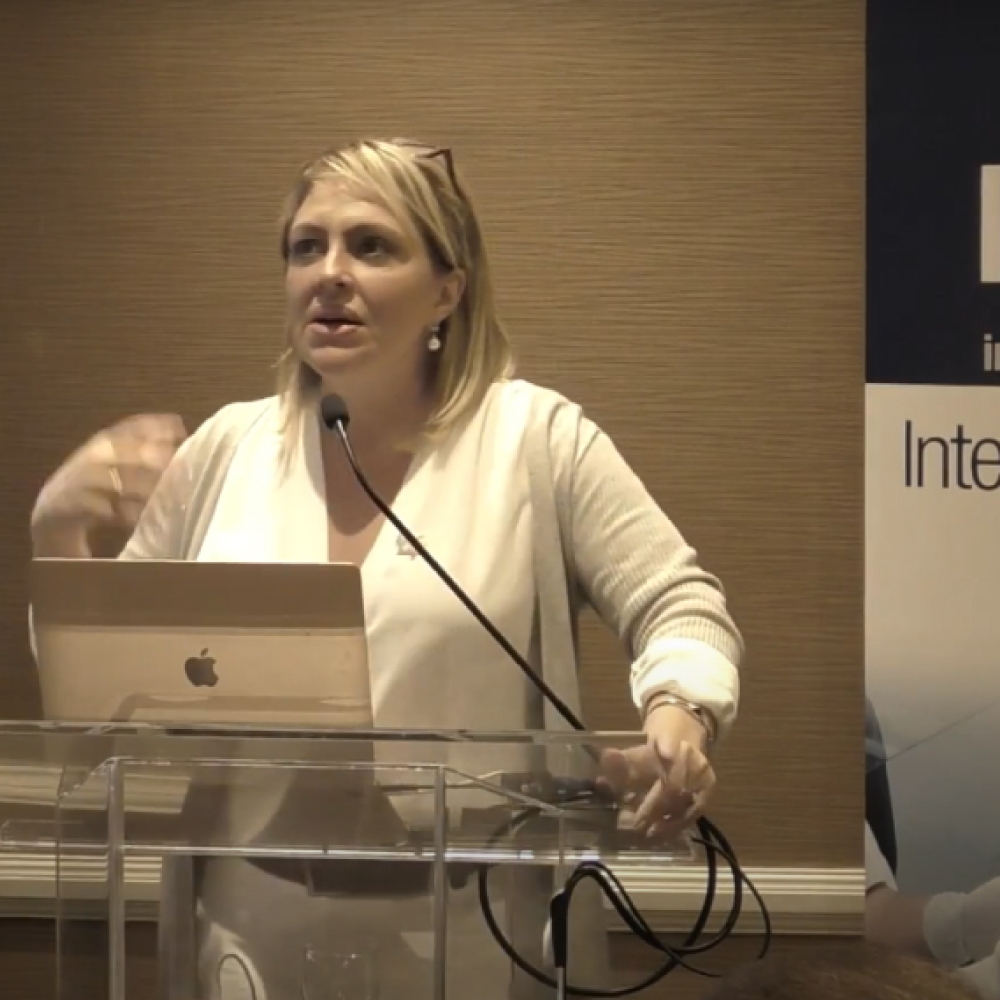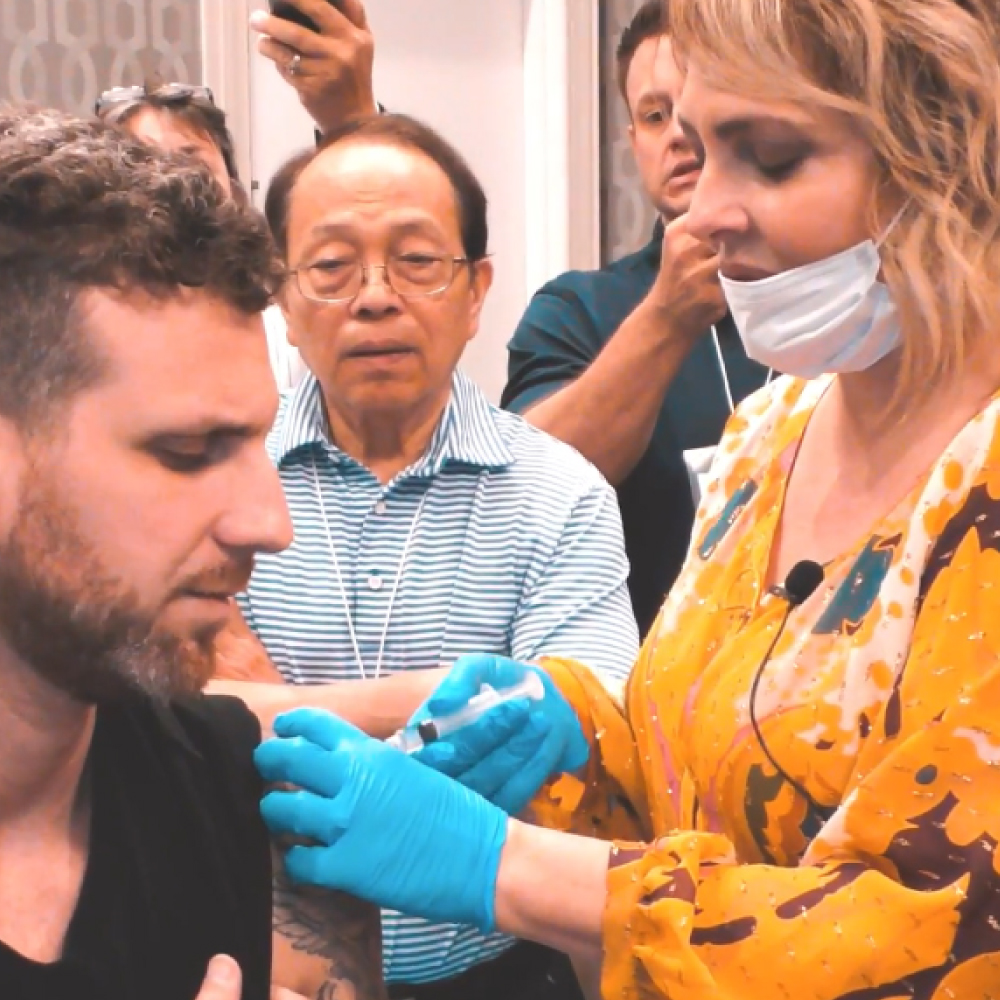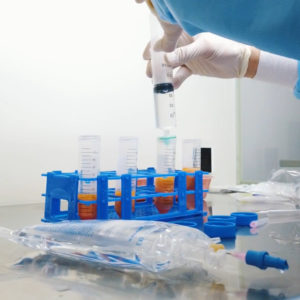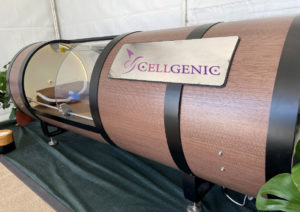Video Recordings
Access the series of downloadable procedural videos, lectures, presentations and documents on the main sources of cellular products derived from neonatal tissue.
(Exosomes, Umbilical Cord Cells, Cultured Mesenchymals and much more…)
Documentation
Protect your patients by making the best decision when selecting which cell therapy to apply to your patient. Access documentation on quality control, safety regulations and standards, as well as all forms and consents for patients.
Treatment protocols
Step-by-step protocol book of the most common clinical applications of cell therapy. It includes detailed treatment plans for conditions such as sports injuries, orthopedics, pain management, degenerative diseases, cosmetic applications, erectile dysfunction, and more.
Membership Certificate
Take this course at your own time and from the comfort of your medical office, clinic, or home. Upon completion, you will receive an ISSCA Membership certificate for completing all course modules.
The course also includes talks with the aim of understanding the regulatory framework of these therapies worldwide and what are the most successful medical marketing strategies today that would help turn the private practice of medicine into a successful business. Learn the basics of stem cell culture and therapies on your own time, from the comfort of your office, clinic, or even your own home.
THE PROGRAM
STEM CELL BIOLOGY AND BASIC IMMUNOLOGY:
- Historical perspectives.
- Definitions and characteristics of stem cells.
- Stem cell types, characterization and activity MSC, HC, EPC.
- Immunological cells, characterization and activity.
REGULATORY OVERVIEW:
- Status of regulation of autologous and allogeneic therapies.
- FDA position and moratorium.
- HCT / P Regulation Overview (Human Cells and Tissues and Cell and Tissue Products).
- Structural vs cellular tissue.
- Minimal handling considerations.
- Concepts and discussion of homologous use.
CELLULAR PRODUCTS:
- Umbilical cord blood of the mononuclear layer.
- Exosomes. Characterization, examination of growth factors and cytokines.
- Amniotic Fluid, its action as a natural anti-inflammatory.
PRODUCTION, MANUFACTURING, QUALITY CONTROL:
- Donor eligibility and selection.
- Collection and management of samples.
- Processing and laboratory standards.
- Quality control testing and validation.
PROTOCOL DISCUSSION:
- Clinical framework for therapeutic applications.
- Details of the protocol and supporting scientific literature.
- Storage and preparation of the product.
- Selection of patients.
- Results and expectations of patients.
APPLICATION OF THE PROTOCOL IN A LIVE PATIENT:
- Demonstration of the preparation and injection of the product.
MARKETING STRATEGIES FOR DOCTORS MODULE:
- Sales technique and overcoming objections.
- Business basics for starting a regenerative medicine practice.
- Basic strategies for acquiring patients.
- Basic video design and production tips.
- How to build your marketing team for growth.
- Social Media Marketing: Youtube, Facebook, Instagram.
- Influencer strategies.
- Sales technique and overcoming objections.
CHAPTERS
Chapter 1 – Cell Biology and Basic Immunology
In this chapter, you will learn some of the historical perspectives, basic immunology, the types of regenerative cells that are available in the doctor’s office, and clinical applications (MSC, HC, EPC immune cells). In addition, you will learn the types of cell products derived from neonatal tissue, as well as their characterization and activity. This conference clarifies many concepts and expands on what you already know about regenerative medicine and stem cell therapy. It also serves as a complete introduction for those doctors who are less familiar with regenerative therapies especially with allogeneic cells derived from neonatal tissues.
Chapter 2 – Cell Products: Characterizations, Components and Properties
In this chapter, you will learn about Cord blood products and their mononuclear layer, its components, and the characterization of the different cell types within it.
Chapter 3 – Exosomes: Characterization, Review of Growth Factors and Cytokines
In this chapter, you will learn about the characterization of exosomes, and you will review growth factors and cytokines. In addition, the formation of biogenesis and composition, as well as the diversity of exosome functions and an overview of exosome-based diagnostics and therapies, will be discussed. Types of products available in the clinic. Treatment protocols. Conclusions and future perspectives.
Chapter 4 – Production, Manufacturing and Quality Control
In this chapter, laboratory manufacturing issues will be examined. Donor eligibility and exclusion criteria. The processes of control and management of tissue samples. We will then review the processing and laboratory standards for the production of these cellular components, as well as the quality control, testing and validation procedures for administration to patients.
Chapter 5 – Regulatory Overview
In this chapter, we will review the legal status of regulation of autologous and allogeneic cell therapies, as well as the FDA’s position on regenerative medicine and a moratorium currently in place on the use of cell therapies. In addition, we will discuss the HCT / P (Human Cells and Tissues and Cell and Tissue-Based Products) regulations and where the different types of cell treatments fall in these regulations, and provide an overview of homologous use concepts and considerations of minimal manipulation, as well as the difference between structural and cellular tissue.
Chapter 6 – Clinical Applications. Protocol discussion
This chapter provides a clinical framework for the application of cellular products. In addition, detailed treatment protocols and supporting scientific literature are provided. We also go over product storage and preparation, the patient selection process, and expectations for patients and their outcomes.
Chapter 7 – Injection Demonstration
In this chapter, we will provide recordings demonstrating the preparation of products and injections of different cell products and their combination with autologous products such as platelet-rich plasma. (Exosomes, Umbilical Cord Blood, Fatty Stem Cells, Bone Marrow Stem Cells, PRP Plasma, Plasma Gel)
Chapter 8 – Additional Lectures and Medical Procedures
In this chapter, we will provide some lectures on other commonly used cell sources and an overview of managing patient expectations and running a successful regenerative medicine practice from your hometown.
- Stem cells derived from bone marrow
The bone marrow has long been the main source of stem cells for use in treatments and remains one of the most effective sources of cells for use in treatments. This conference covers the science behind stem cells found in bone marrow, and provides an overview for doctors to extract and isolate. - Regenerative Cells Derived from adipocytes (Stromal Vascular Fraction)
The adipose tissue of adult humans contains regenerative cells that are significantly easier to harvest than other cell types, and that show greater efficacy as they are used in the patient’s own treatment. This conference covers the science behind adiposity-derived regenerative cells, as well as their extraction and isolation.
Chapter 9 – Supporting Documents
In addition to the video content, you will also have access to a series of downloadable PDF files filled with valuable training information.
- The Book of Conditions
The Condition Book includes detailed guides to 7 groups of conditions and their treatment protocols using Stem Cell and Regenerative Medicine. The conditions covered are: - Alopecia Protocol.
Osteoarthritis and MSK diseases.
Protocol on erectile dysfunction.
Wound care protocol.
Chronic degenerative conditions protocol.
Chronic obstructive pulmonary disease (COPD).
Autoimmune conditions protocol.
Publications and Case Studies - Download several case studies covering various conditions and clinical studies conducted using cellular products. Patient forms and guides:
Confidential medical history form (editable and non-editable).
Pre and Post Medical Instruction.
Safety guidelines for handling cellular products
Blood test request flyer.
Treatment confirmation form.
Protocol for the therapy of mononuclear layer umbilical cord blood products.
Forms of consent for the implantation procedure of allogeneic cell therapy.
Tracking forms.
